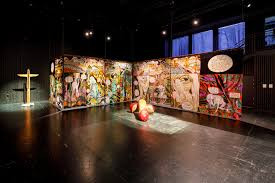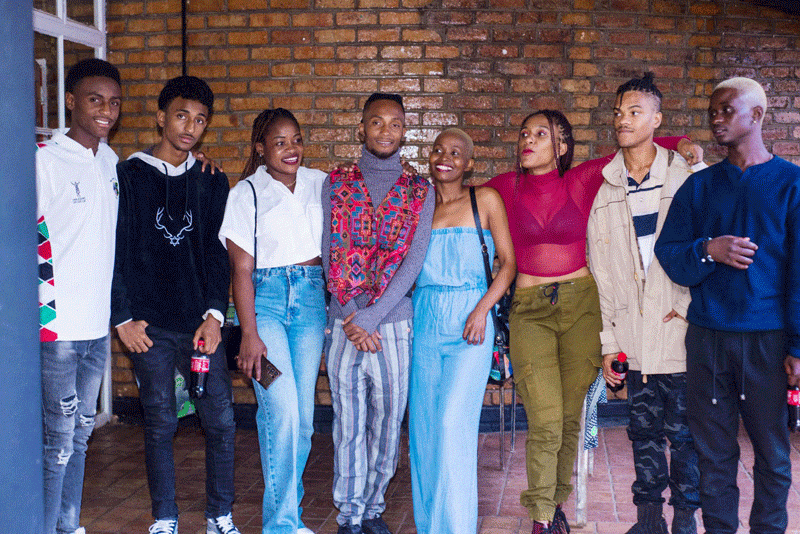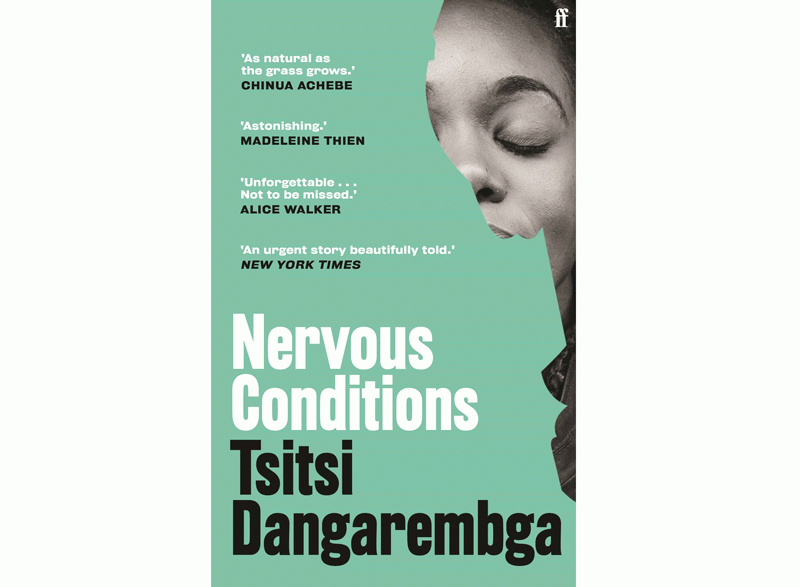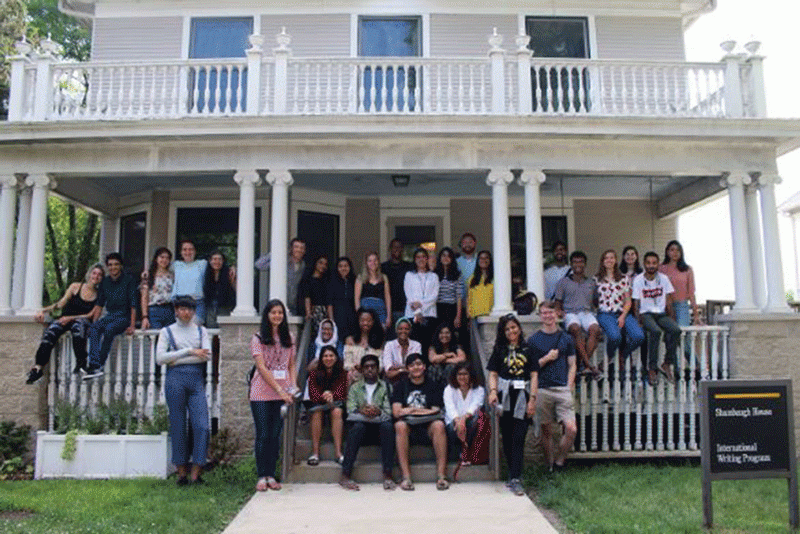
Zimbabwean duo of Memory Biwa and Robert Machiri this year makes the line-up of the 18th edition of the Lofoten International Art Festival (LIAF), in Norway, the longest-running contemporary art biennial in Scandinavia.
LIAF will open to the public from today through to October 20. The festival is being jointly organised by the North Norwegian Art Centre and LIAF.
The duo, also known by their artistic name, Listening at Pungwe, is a musical collaborative project “conceived as a series of ‘post-art’ driven ephemeral collective encounters, that challenge how we think, see and importantly how we hear the world around us with its complex power relations”.
Pungwe is a Shona word for an all-night event.
The duo thinks of pungwe as “a human praxis, something that we do together. As a cultural initiative, Pungwe has compiled a corpus of artistic interventions, exploring the relationships that exist between people, history, memory as they intersect with sound and spatial politics”.
“As a malleable forum, Pungwe manifests into ‘pungwes’; rhetoric utterance which we use as a reference to the act of bringing peoples sonicities together through auditory practice,” they say on their web page.
This year’s edition of LIAF, however, “presents a diverse exhibition of expansive works, accompanied by a programme of lectures, readings, performances, concerts and artist talks by leading artists and writers, spread across nine venues in total, plus a satellite exhibition at NŌUA, Bodø”.
Titled Sparks or Gnistsambandet in Norwegian, the festival is inspired by the history of the Lofoten Line: one of the world’s first experiments in wireless telegraphic communication — developed in Lofoten in the 19th Century as a state-funded initiative which sought to make the Lofoten fishery a safer and more efficient industry.
- Zim duo to perform at Norwegian art biennial
Keep Reading
The name “telegraph” is constructed from Ancient Greek meaning “writing at a distance” and the need to reach each other despite a harsh climate and great distances which forced new technology and a network of spark stations, forging connecting lines in our own time. LIAF 2024 will constitute a vibrant network of temporary connections, investigating what the Lofoten Line could look like today.
Alongside a programme of lectures and readings, performances, concerts, installations, films, workshops and talks, the organisers say, an expansive, multi-venue exhibition will run for a month across a variety of eclectic spaces in Svolvaer, from traditional arts venues, to a former machinery workshop, an old Methodist church, the town’s port terminal, a library and even the local shopping centre.
The festival draws artists from across the world.
The festival has a nomadic character and is held every two years at different venues in the Lofoten islands, an archipelago above the Arctic Circle. — Staff Writer.










